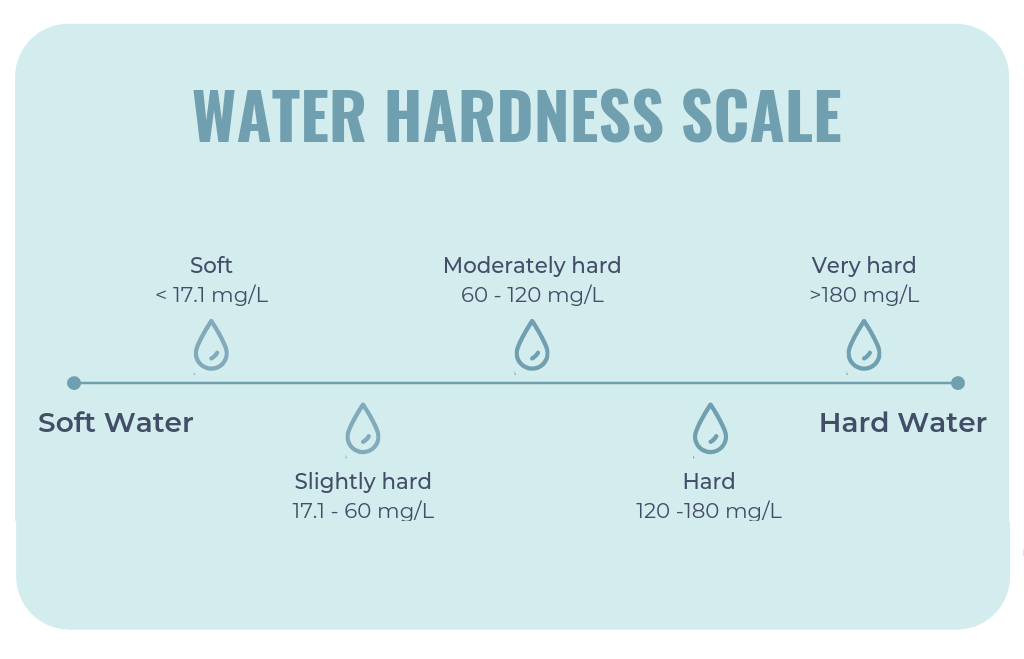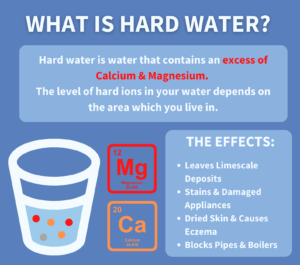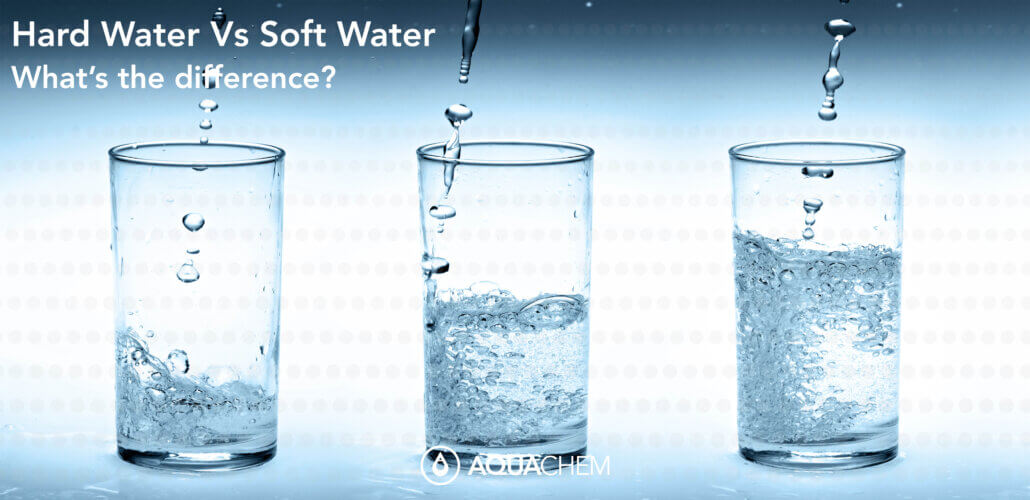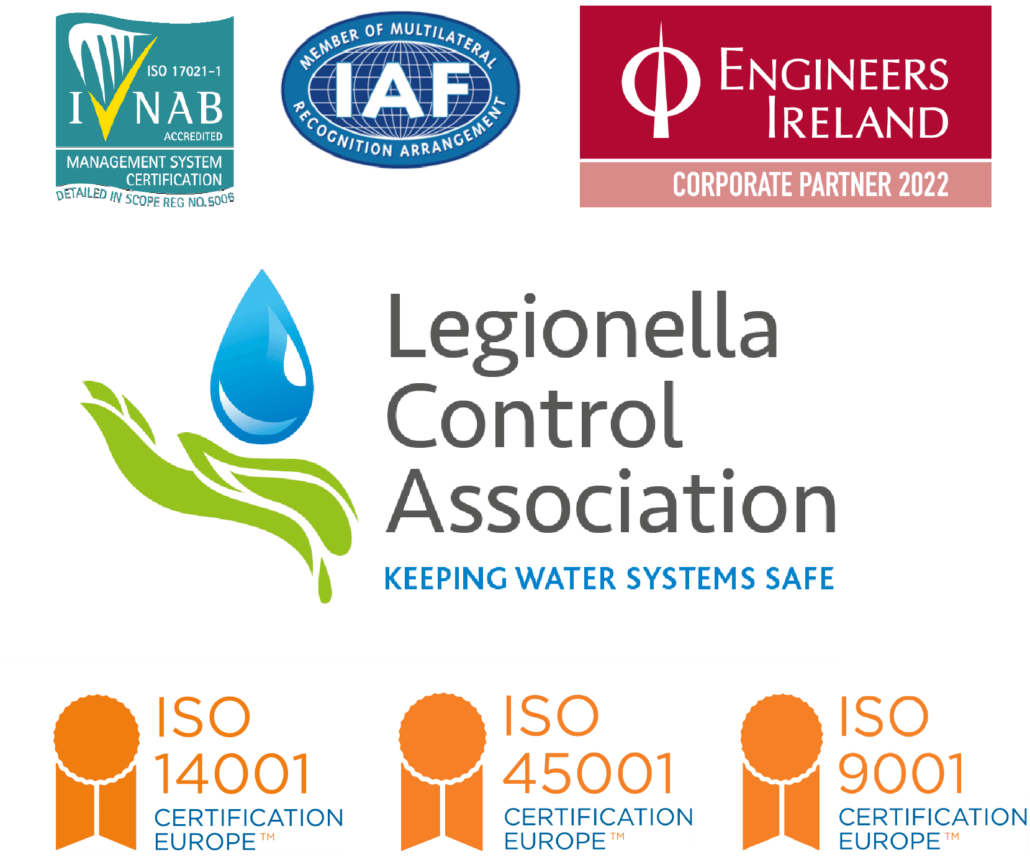Hard Water Vs Soft Water
Hard Water & Soft Water, what makes them different?
Visually, you can’t usually tell by looking at water whether it’s hard or soft, but on closer inspection you will see a number of differences.
Hard Water
Hard water is when there is an excessive presence of calcium and magnesium – two naturally-occurring minerals in water. The higher amount of these minerals that are present in water, the higher it will rank on the hard water scale. While both are essential to everyday health, calcium and magnesium are not essential for water usage. In fact, hardness in water can have detrimental effects on your home and within the water treatment industry.
Soft Water
Unlike hard water, soft water is free of harsh minerals that can damage your home and your body. These contain sodium ions in rich quantity and are more generous towards the human body. Moreover, soft waters have the advantage of preventing scale buildup on home appliances.
Soaps are more effective in soft waters than hard waters as they produce foam. If you are facing dryness or worse skin conditions due to any reason, soft water is a desirable choice.

How do you know if you have hard or soft water?
Signs of hard water include:
- Feeling a film on your hands after washing them. This is caused by the soap reacting with calcium to form soap scum. You may need to rinse your hands longer if the water is hard.
- Film Spots. These can appear on glasses and silverware coming out of the dishwasher. These are usually deposits of calcium carbonate.
- Mineral stains. These show up on clothes when they come out of the washing machine. Clothes can wear out faster because of the harshness of hard water.
- Decrease in Water Flow. Hard water forms mineral deposits of calcium & magnesium, which can decrease the internal diameter of your home pipes. It results in the reduction of water flow due to low pressure.
Signs of soft water include:
- A healthy lather when washing clothes, dishes, and even your hands and body.
- Clothes that are cleaner, with no mineral stains and less wear-and-tear damage.
- Healthy water pressure in your home.
- A slight sodium taste in drinking water, though in many cases a difference in taste is imperceptible.
There are no serious adverse health problems associated with drinking hard water, however, hard water can contribute to dry skin and hair. The minerals in hard water can also change the pH balance of your skin, weakening it as a barrier against harmful bacteria and infections. People with eczema may be especially vulnerable.

How does hard water effect cooling towers?
While hard water is not harmful to your health. It can cause serious problems with both residential and in water treatment applications, especially cooling towers.
Water hardness, or the presence of minerals in the water (and especially magnesium, calcium, and iron), can dramatically affect the lifespan and efficiency of your cooling tower because it causes a build up of scale inside the pipes.
The scale doesn’t conduct heat well and reduces the flow through pipe, here the pipes will eventually become completely clogged.
Many facilities, having hard water for makeup, have always confronted the problem of scale control. Hardness scale has been controlled via use of Water softeners, filtration systems, chemical inhibitors, with or without acid addition for pH adjustment.
The most common solution to hard water is the use of a water softener. The calcium and magnesium ions in the water are replaced with sodium ions. Since sodium does not precipitate out in pipes or react badly with soap, both of the problems of hard water are eliminated.
If you want to find out more about water treatment for hard water don’t hesitate to get in touch and we can advise if a water softener is needed and recommend which one.







